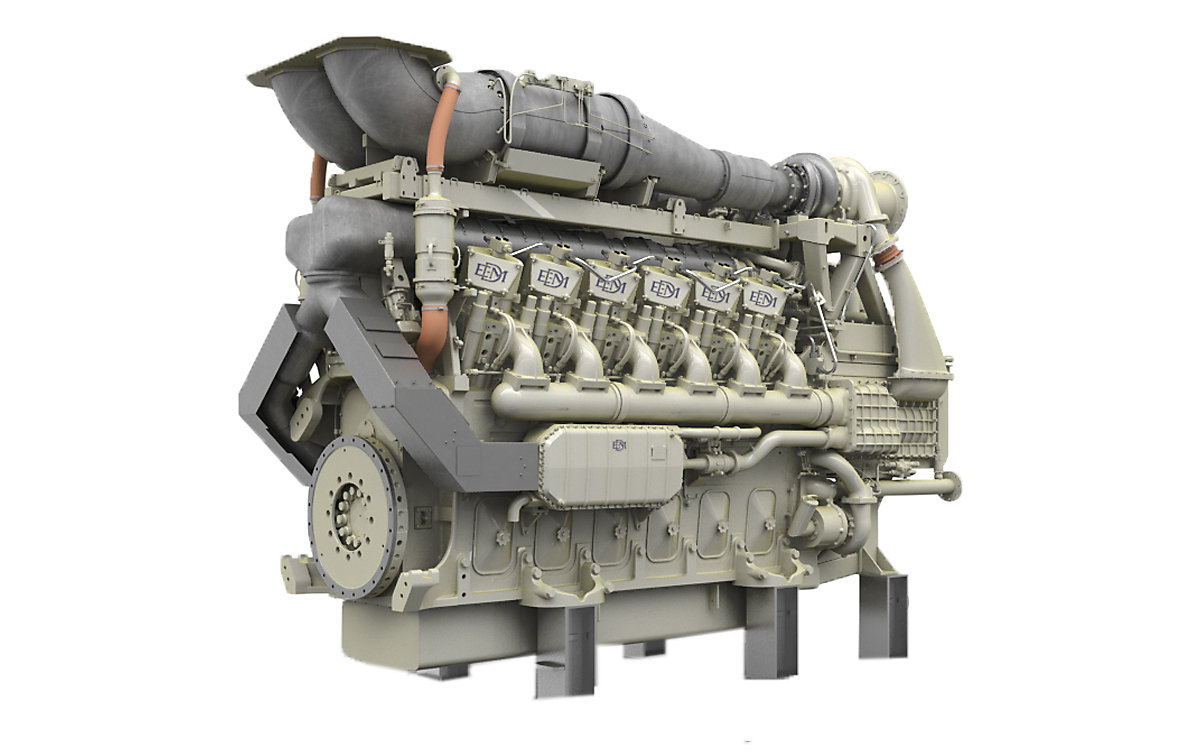Why Services Prefer Engines For Africa for Their Fleet
Why Services Prefer Engines For Africa for Their Fleet
Blog Article
A Complete Guide to Selecting the Right Engine for Your Job
Choosing the ideal engine for your task is an important choice that can dramatically affect its overall success. Each of these elements plays an essential duty in making certain that your picked engine not only fulfills prompt goals yet also lines up with long-lasting desires.
Define Your Project Demands
Specifying your task requires is an important action in picking the proper engine for successful execution. A thorough understanding of your job's purposes will direct you in recognizing the capabilities and functions called for from an engine. Begin by laying out the range of your task, including the wanted capability, target audience, and the certain end results you intend to achieve.
Next, think about the technical requirements that line up with your project objectives. This consists of reviewing the compatibility of the engine with existing systems, in addition to the programming languages and frameworks that will be made use of. Additionally, analyze the degree of scalability called for to fit future growth or changes popular.
Budget constraints likewise play a vital role in defining your job needs. Establish a clear financial framework to guide your decision-making procedure, making certain that the engine chosen fits within your spending plan while providing the necessary capability.
Evaluate Efficiency Needs

Following, consider the scalability of the engine. Analyze whether it can manage enhanced work as your job expands. Engines that support straight scaling are commonly better for larger applications. In addition, assess the engine's efficiency under various conditions, such as peak use scenarios, to ensure it meets your dependability criteria.
Think About Convenience of Usage
While technological specifications are necessary, the convenience of use of an engine can dramatically affect the growth process and total task success. An intuitive user interface, clear paperwork, and streamlined process can dramatically decrease the knowing curve for developers, enabling them to concentrate on creative thinking and analytic as opposed to grappling with complex devices.
When evaluating an engine's ease of usage, think about the onboarding experience. A well-structured introduction, total with tutorials and sample jobs, can assist in a smoother shift for new individuals. Furthermore, the clarity and comprehensiveness of the engine's documentation play an important function; extensive guides and API references can encourage click programmers to repair and carry out functions efficiently.
One more facet to consider is the engine's modification abilities. An engine that allows for easy alterations can be a lot more straightforward, as designers can tailor it to fit their specific needs without considerable problem. Last but not least, analyze the workflow integration with tools and platforms you currently utilize. A cohesive community can boost efficiency and reduce friction throughout the development procedure. Eventually, choosing an engine that focuses on convenience of usage can lead to a much more productive and satisfying growth experience.
Assess Area and Assistance
The toughness of an engine's neighborhood and support network can greatly influence a designer's experience and success. When evaluating an engine, take into consideration the size and activity degree of its area.
Moreover, review the accessibility of official support networks. Trustworthy paperwork, responsive customer assistance, and regular updates are crucial for addressing technological issues and maintaining your job on track. Engines For Africa. Energetic communities also cultivate collaboration, giving possibilities for networking and feedback, which can be invaluable, especially for tiny teams or independent developers
Additionally, check out the visibility of community-run occasions, such as meetups or hackathons. These events can improve your understanding of the engine while linking you with prospective partners and seasoned users. In recap, a durable area and support system not only simplify development yet additionally create an atmosphere helpful to learning and advancement, inevitably enhancing the probability of your task's success.
Contrast Price and Licensing Choices
Budget plan factors to consider play a vital hop over to here function in picking the best engine for your project, as the cost and licensing choices can significantly affect both temporary expenditures and long-lasting practicality. Engines For Africa. Different engines offer varying pricing structures, which can include single acquisition costs, registration versions, or revenue-sharing agreements based on your project's incomes

Certifying choices likewise vary significantly. Some engines are open-source, offering flexibility and community-driven assistance, while others may call for exclusive licenses that limit usage and distribution. Comprehending the ramifications of each licensing model is essential, as it impacts possession rights, future scalability, and possible legal commitments.
Verdict
To conclude, selecting the ideal engine for a project demands an extensive examination of specified project needs, performance demands, ease of use, community support, and cost considerations. By systematically addressing these important factors, decision-makers can make sure alignment with both current and future task demands. A well-informed choice eventually boosts the probability of job success, making it possible for efficient resource allocation and making best use of potential end results within the defined monetary restraints.
Picking the suitable engine for your job is an try this website essential decision that can significantly impact its overall success.Defining your job requires is a critical action in picking the suitable engine for successful application. A comprehensive understanding of your job's goals will direct you in identifying the abilities and features required from an engine.As soon as you have a clear understanding of your task requires, the following step is to assess the performance demands of the engine.In final thought, selecting the appropriate engine for a project necessitates an extensive examination of specified task demands, performance requirements, ease of use, area assistance, and price factors to consider.
Report this page